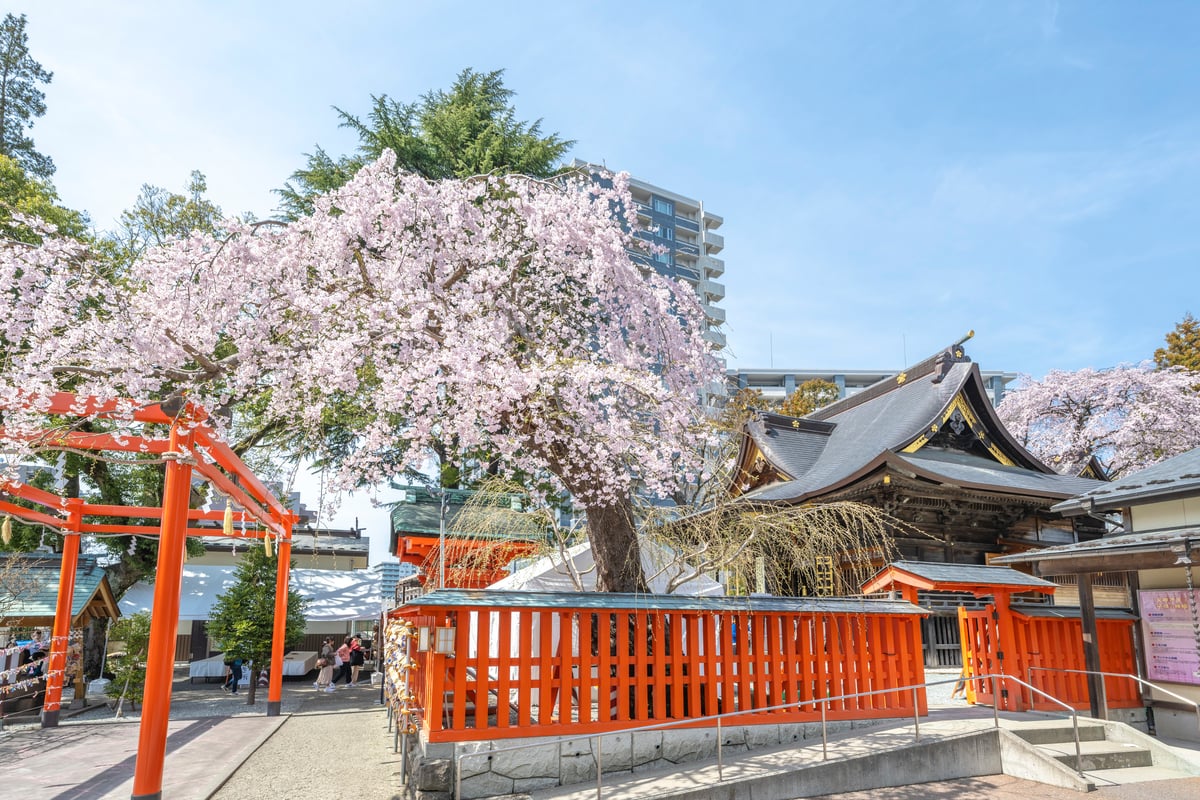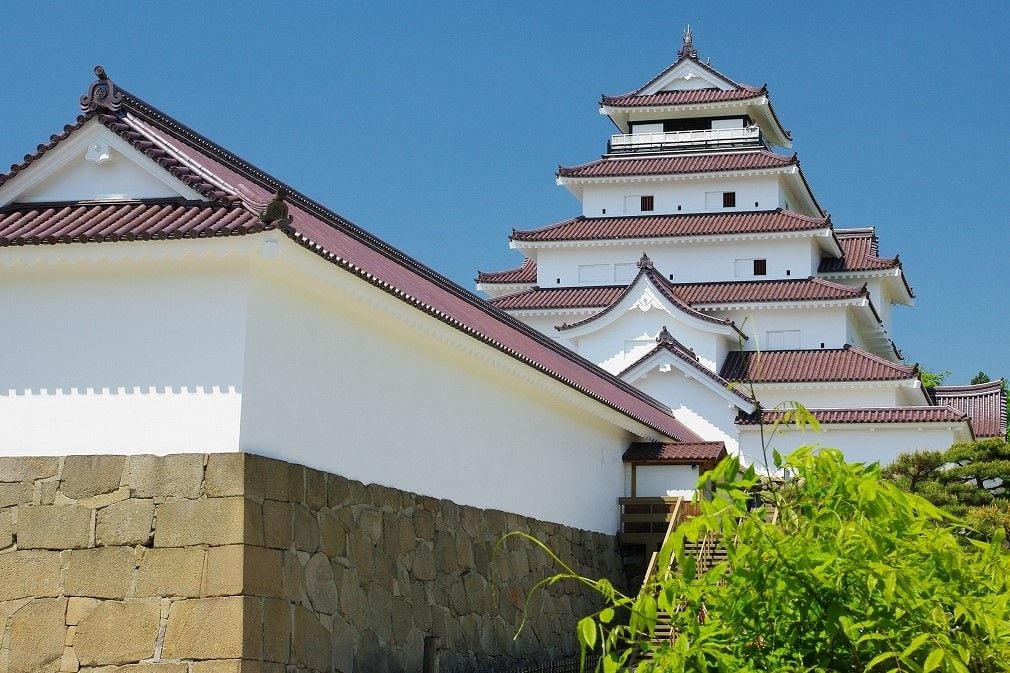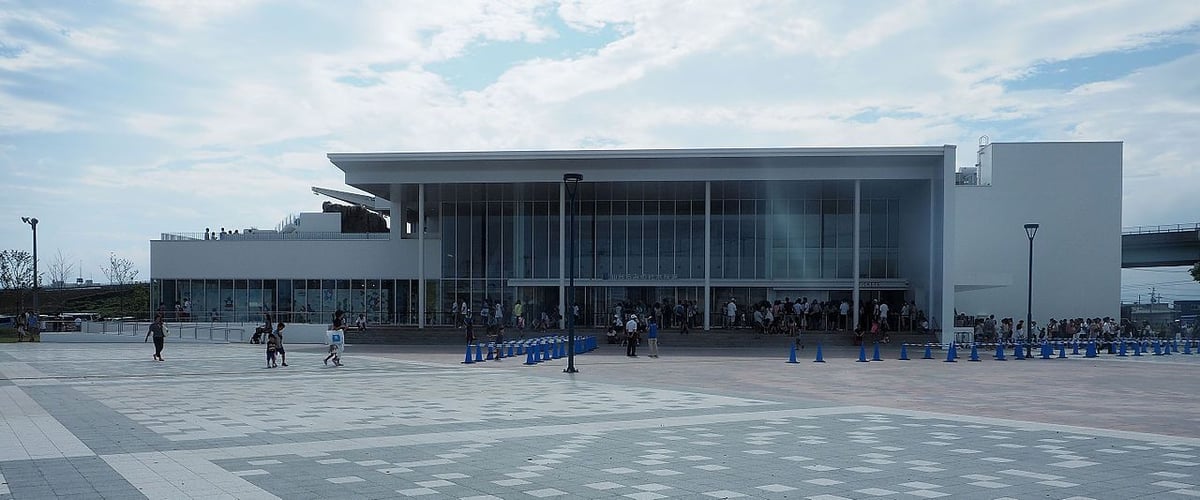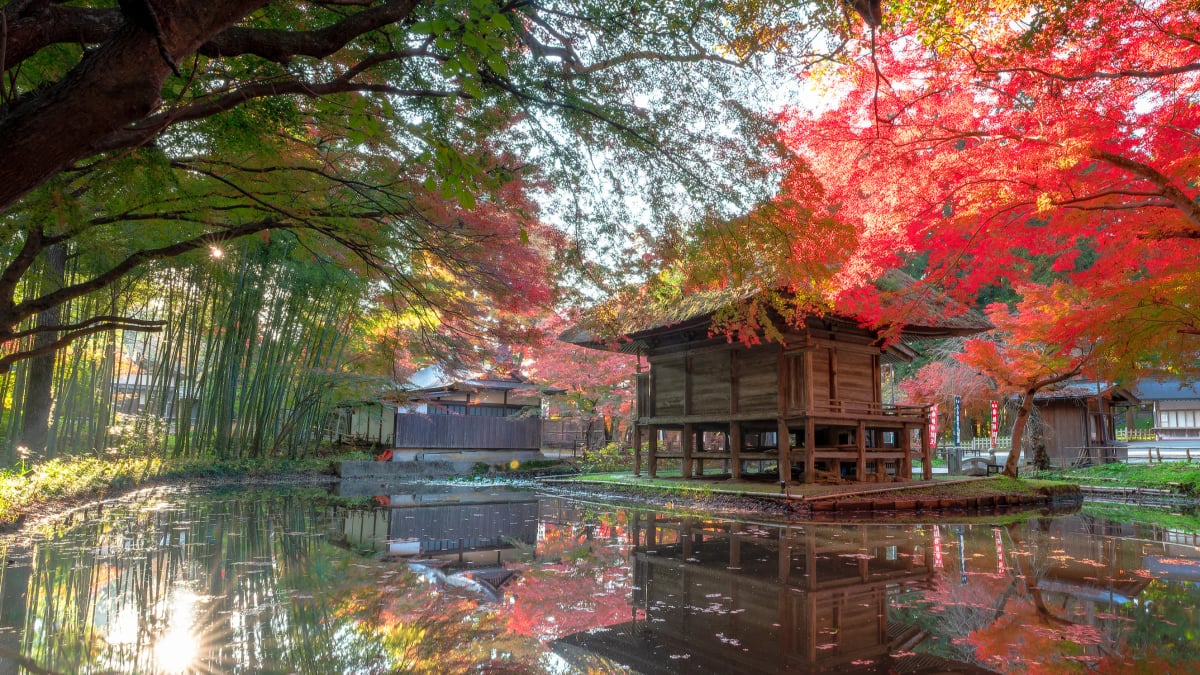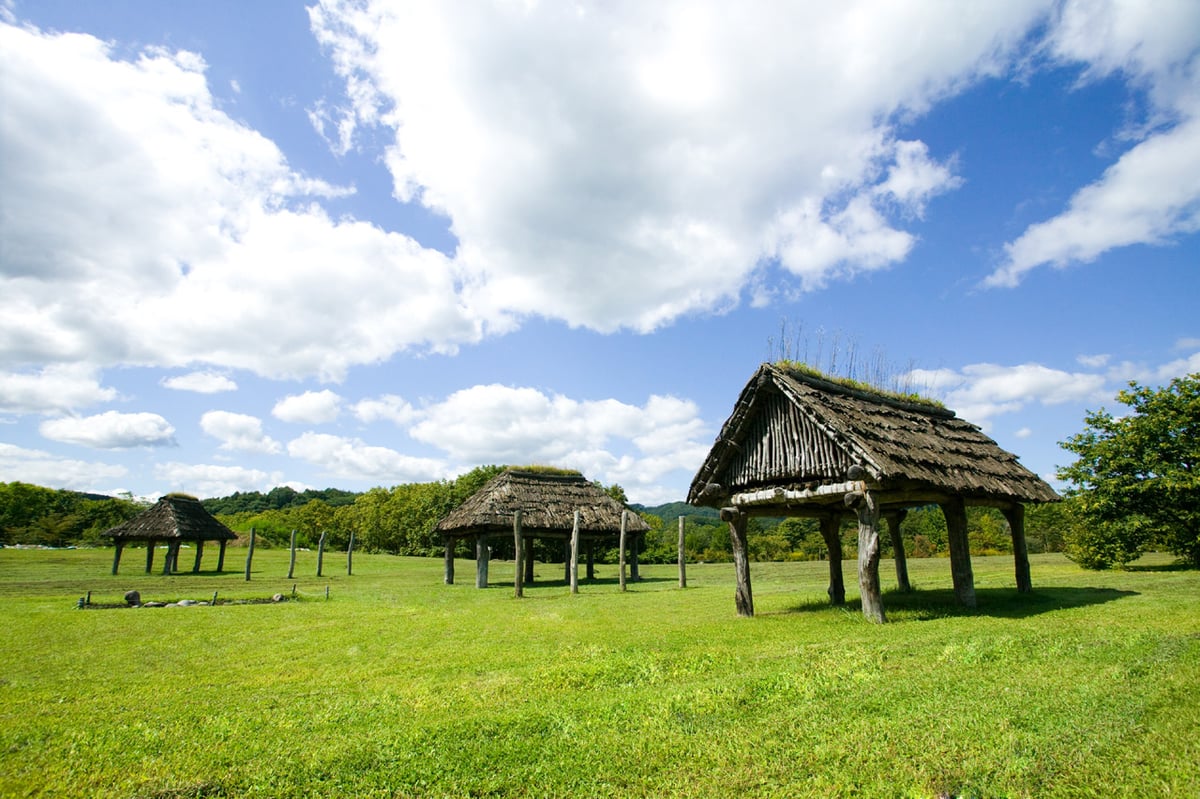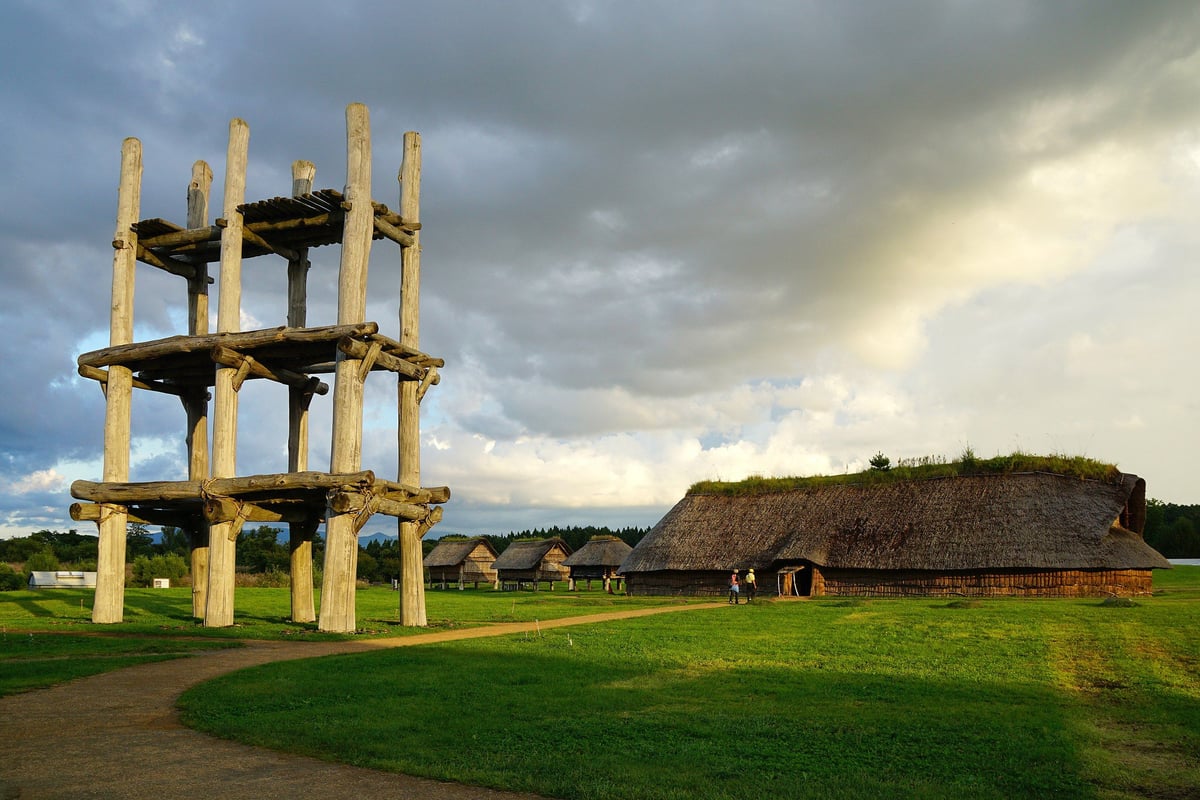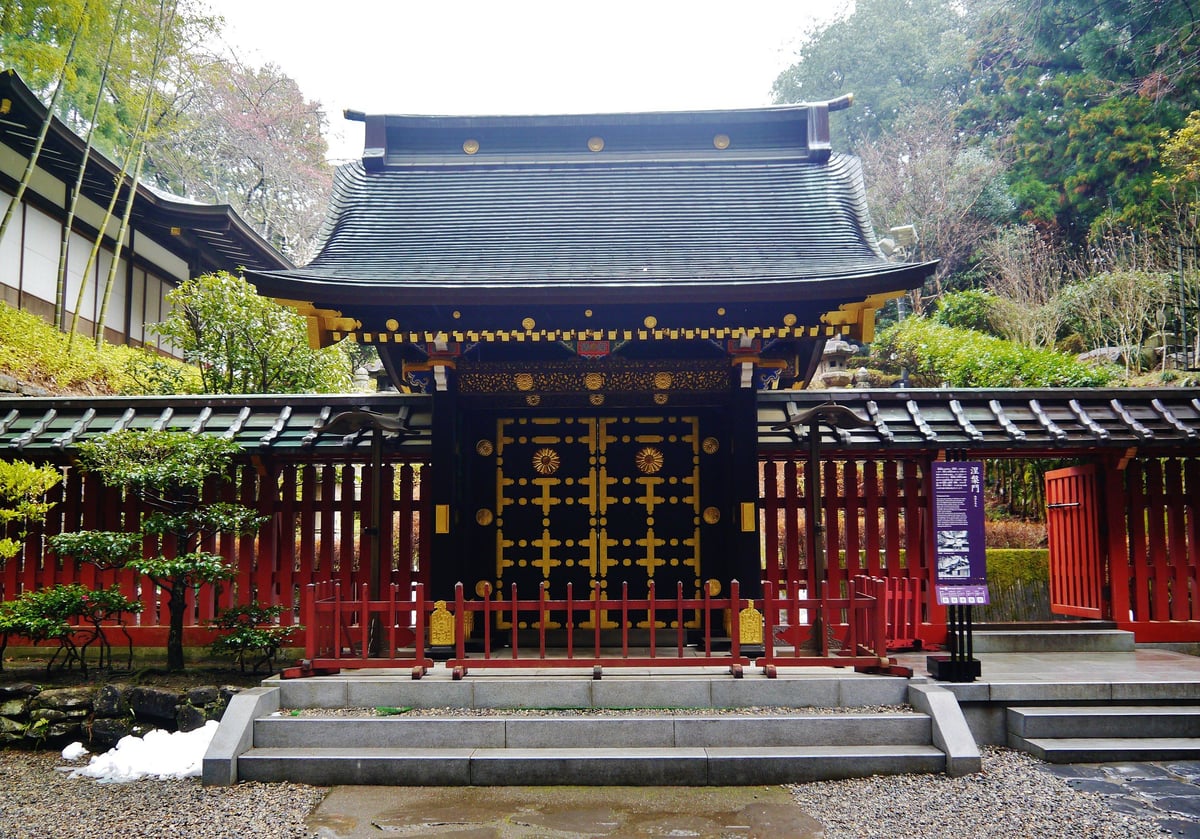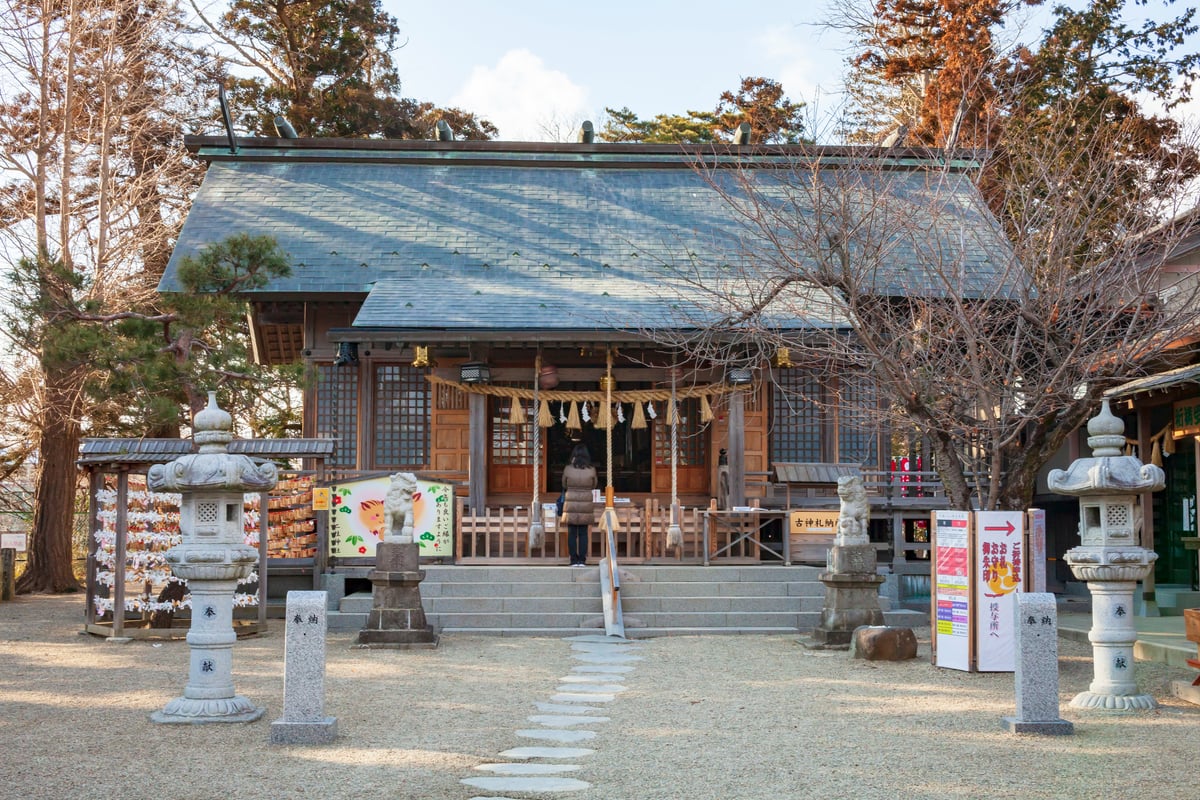
Futahashira Shrine
二柱神社- Sendai StationSenseki LineJōban LineTōhoku Main LineSenzan Line
- 28 minutes bus drive to In front of Izumi Police Station
- Walk 7 minutes
Futahashira Shrine in Sendai has been a center of devotion for over a millennium. It enshrines the divine family of Izanagi-no-Mikoto, Izanami-no-Mikoto, and their child Hiruko-no-Mikoto (Ebisu), deities revered for bringing good fortune in love, safe childbirth, protection from misfortune, and prosperity in business. The shrine's name, "Futahashira" (二柱), translates to "Two Pillars", symbolising the enshrinement of Izanagi-no-Mikoto and Izanami-no-Mikoto.
The shrine's origins trace back to 1026, when a sacred spirit from Taga Taisha in Shiga Prefecture was transferred to Ichinazaka, in what is now the Nanakita area of Sendai. Over time, the shrine became the main guardian shrine for eight villages within the lands of the powerful Kokubu clan. After the clan's fall, the shrine was relocated in 1662 to its present location near the Nanakita River.
Though the shrine building was lost to a mysterious fire in 1929, it was rebuilt in the traditional Shinmei-zukuri architectural style in 1941, thanks to the dedication of the local community during a time of national hardship.
In 2024, the shrine celebrated its 1,000th anniversary with a special event: the deity Hiruko-no-Mikoto, also known as Ebisu, was ceremonially invited from Nishinomiya Shrine in Hyogo Prefecture. He now resides alongside his divine parents, reuniting the sacred family in Sendai.
Izanagi-no-Mikoto and Izanami-no-Mikoto
Izanagi-no-Mikoto and Izanami-no-Mikoto are the divine couple in Japanese mythology credited with creating the islands of Japan and many of the kami (gods), including Amaterasu, the sun goddess. As the first husband and wife in the myths, they represent the origins of life, creation, and family. Izanami later died giving birth to a fire god, and Izanagi descended into the underworld to retrieve her—one of the earliest stories of love and loss in Japanese legend.
Ebisu
Ebisu (蛭児命 / 恵比須 / 夷 / 戎) is one of Japan’s most cherished deities, revered as the god of prosperity, good fortune, and success in commerce and fishing. He is typically depicted with a joyful smile, holding a fishing rod and a sea bream - symbols of abundance and celebration.
According to mythology, Ebisu was born as Hiruko, the first child of the creator deities Izanagi and Izanami. Due to physical deformities, he was set adrift in a reed boat and lost to the sea. Yet, the story of Hiruko is one of resilience: he eventually returned from the ocean and transformed into the cheerful and generous deity Ebisu.
As the only member of the Seven Lucky Gods (Shichifukujin) with purely Japanese origins, Ebisu holds a unique place in the hearts of the people. He is especially honoured during New Year celebrations and Tōka Ebisu festivals, when worshippers pray for good fortune in business, plentiful harvests, and continued happiness.
At Hey Japan!, we strive to keep the places listed on our website as current as possible. However, it is important to note that location owners or management may make changes to their plans, including canceling events, altering opening times, or modifying admission requirements, without prior notice. To ensure that you have the most accurate information, we recommend checking official websites before visiting any location.
Last Updated:


